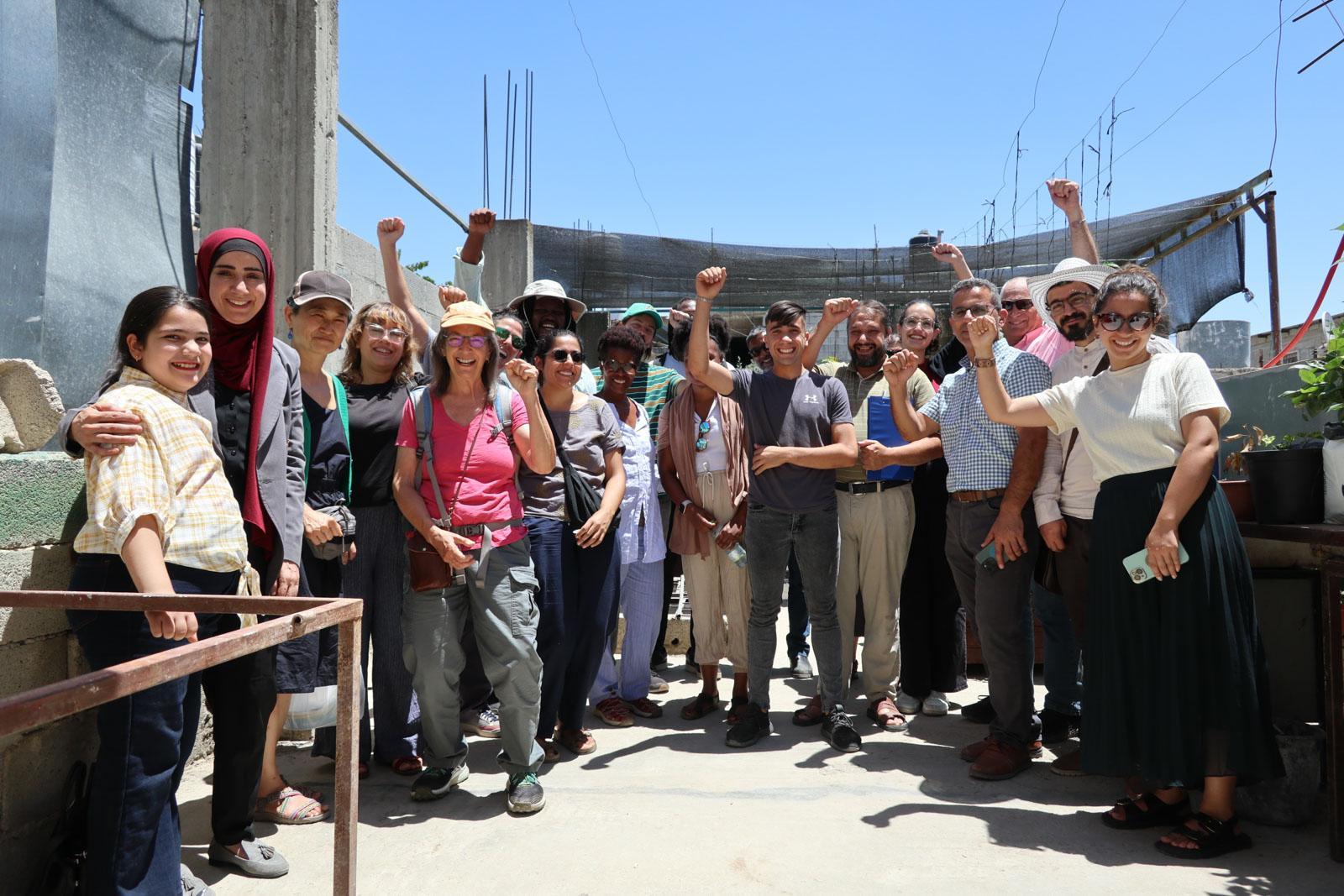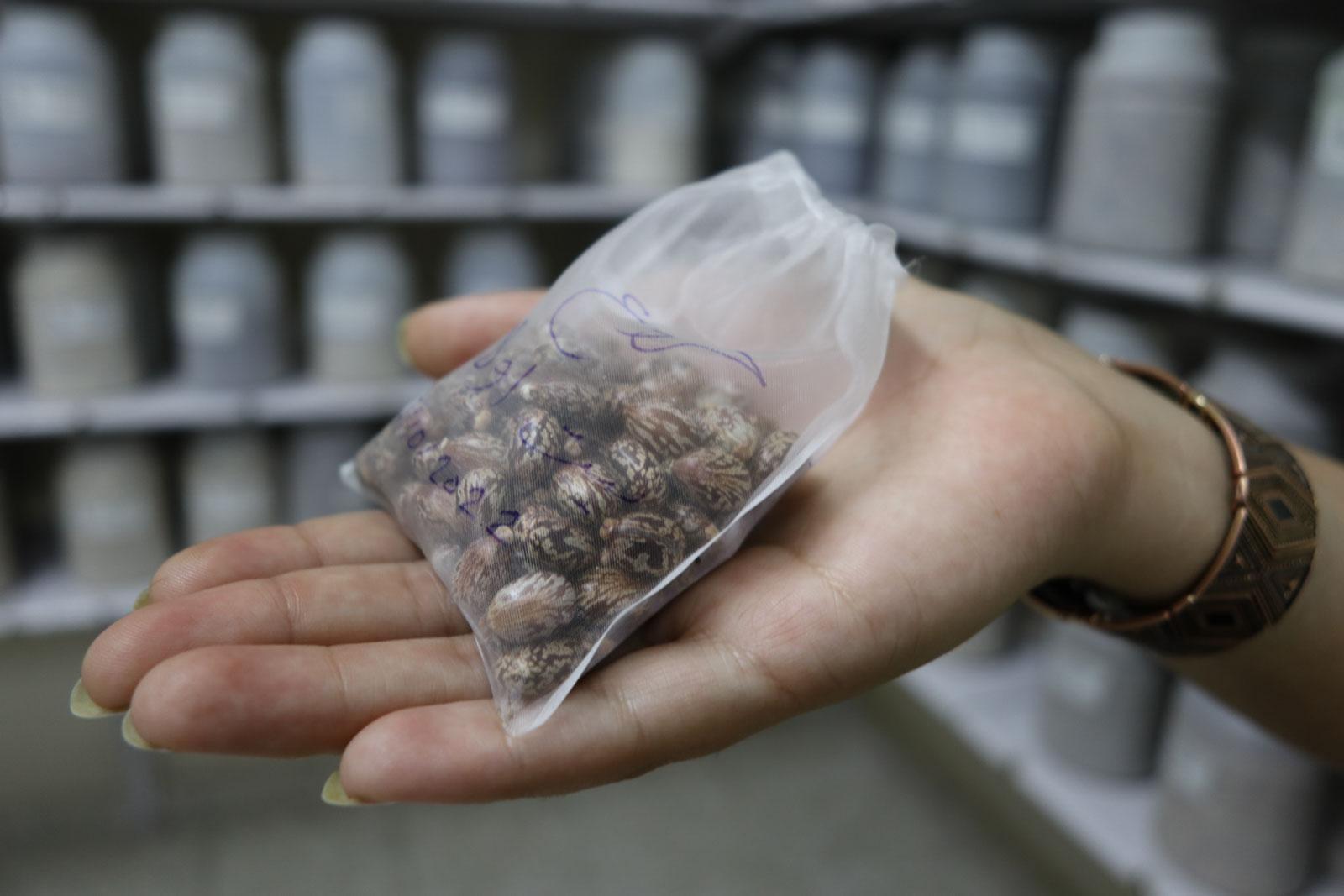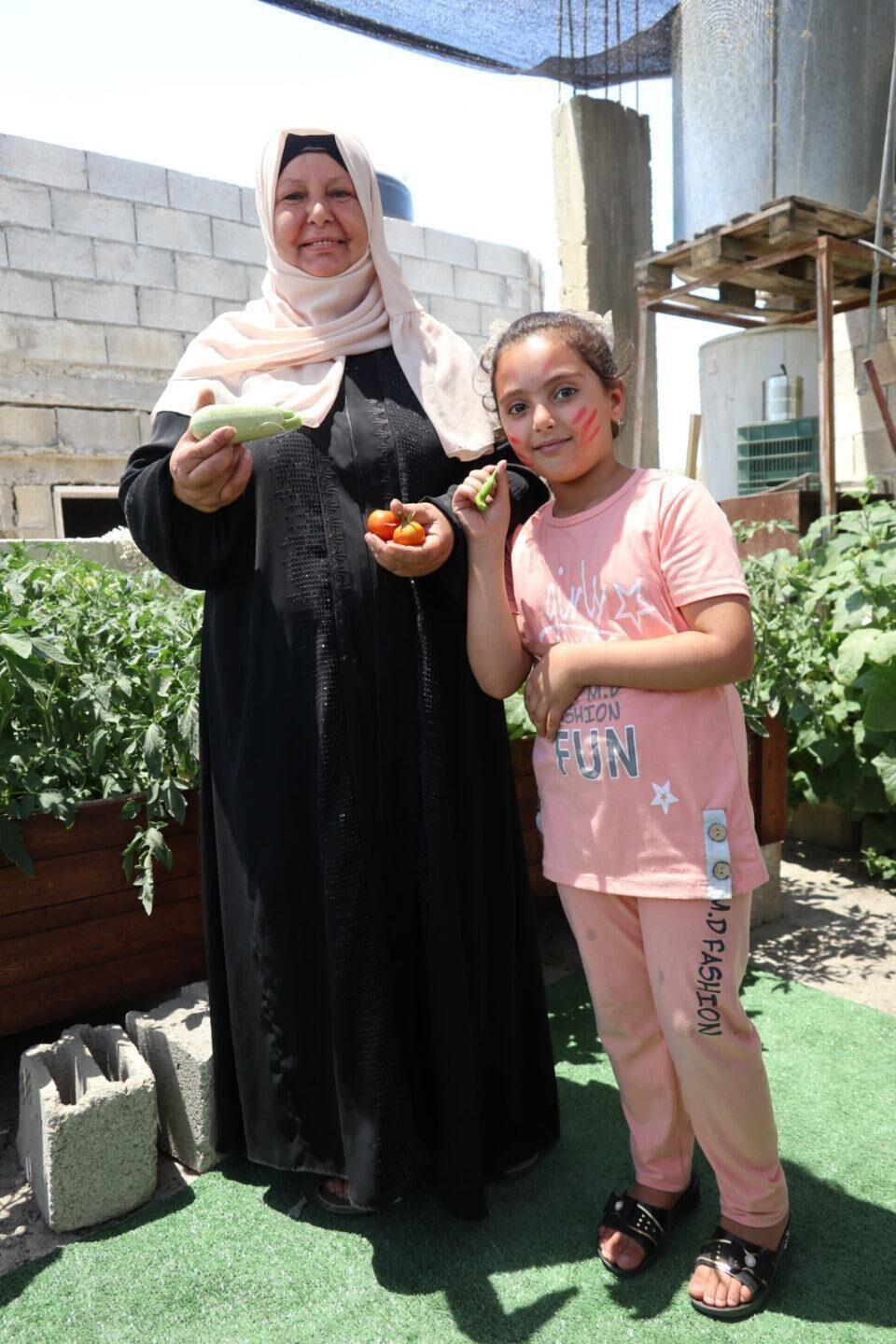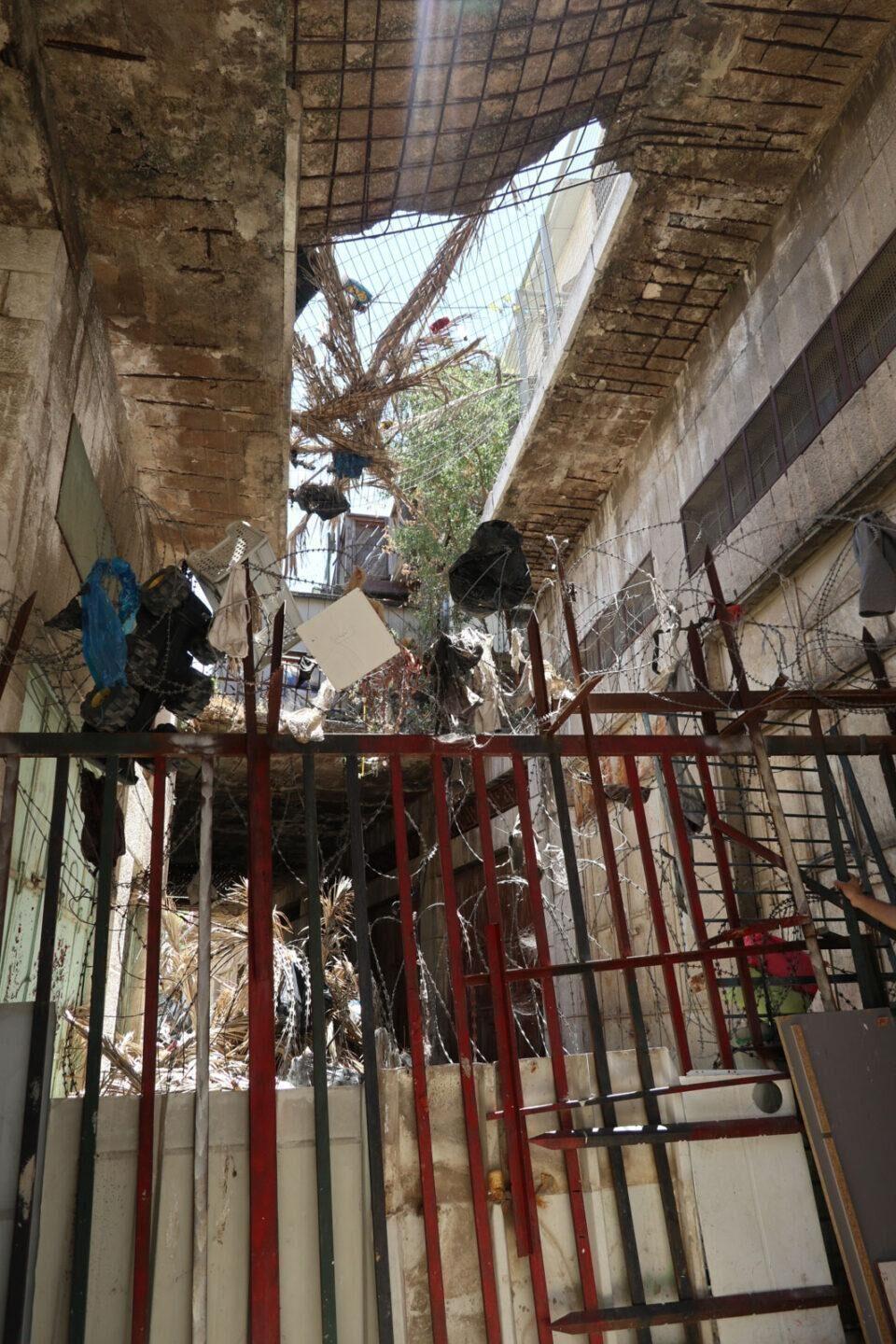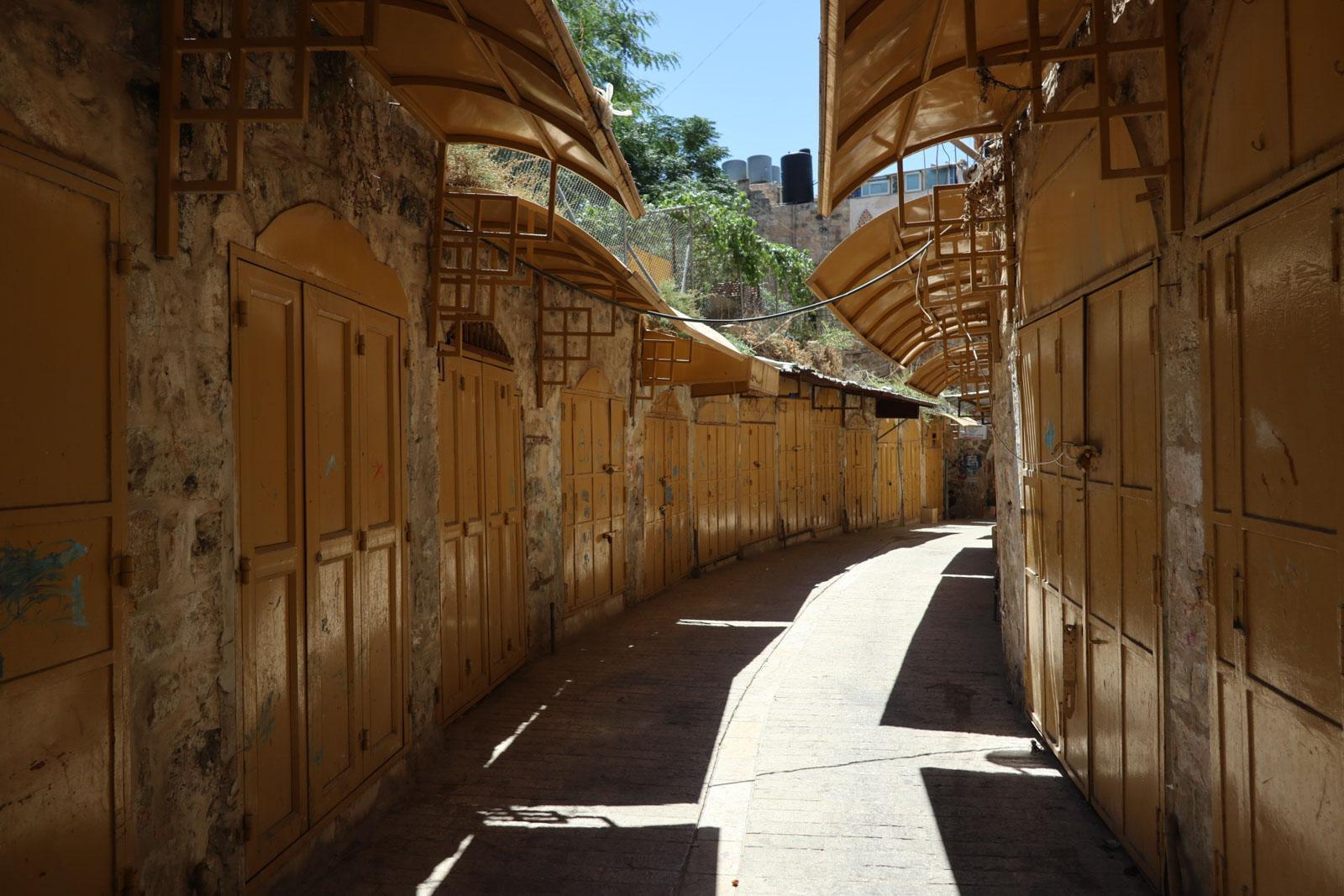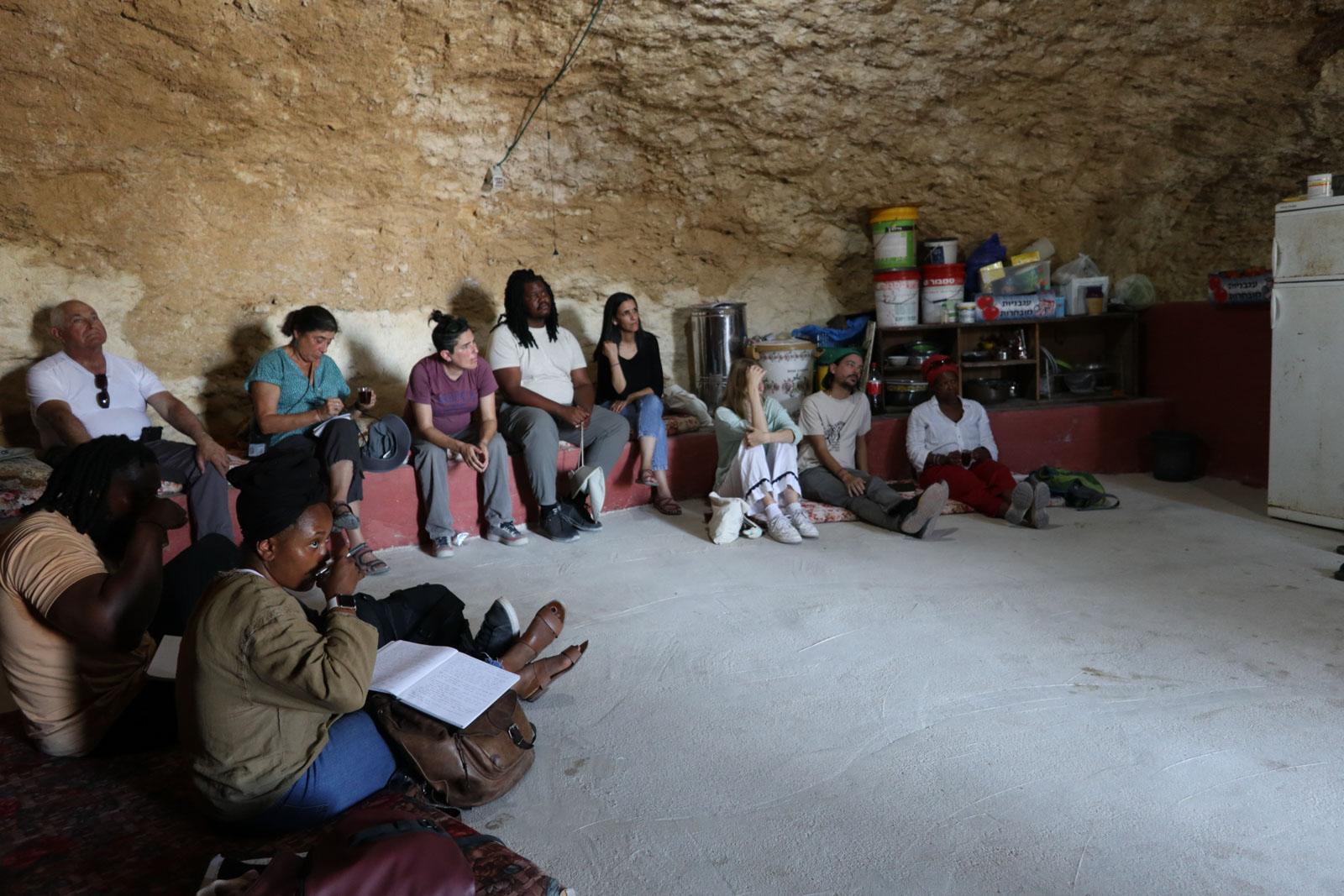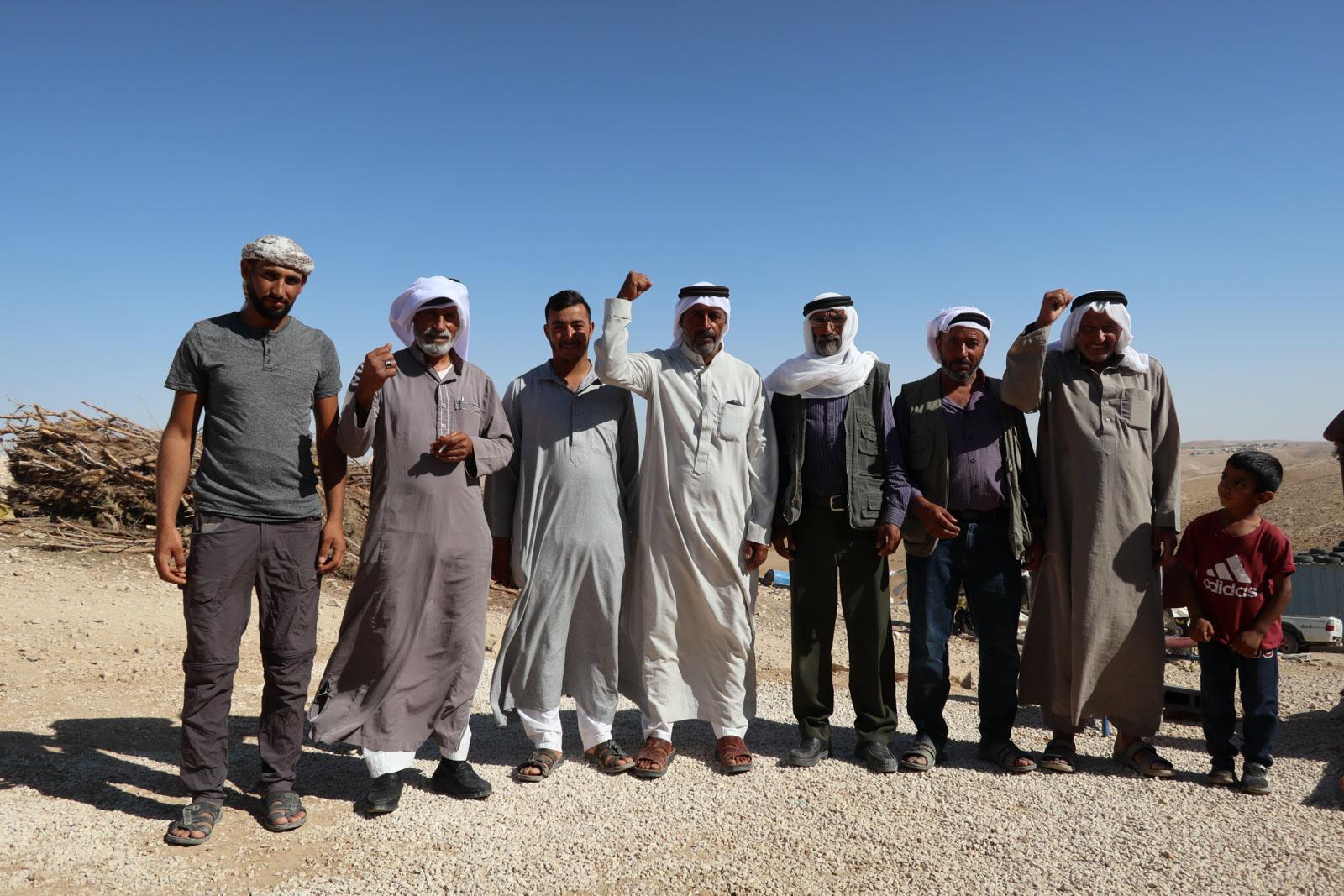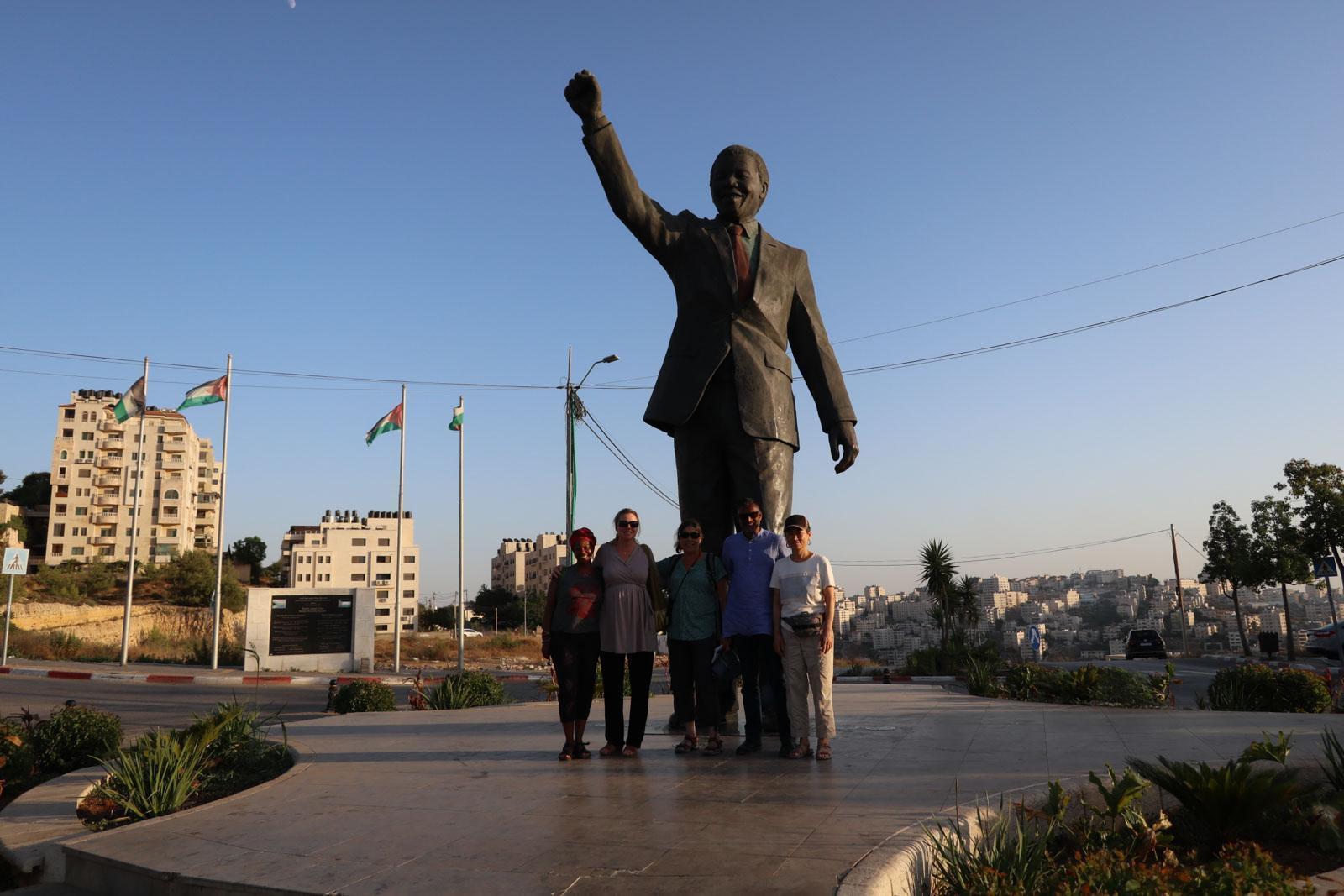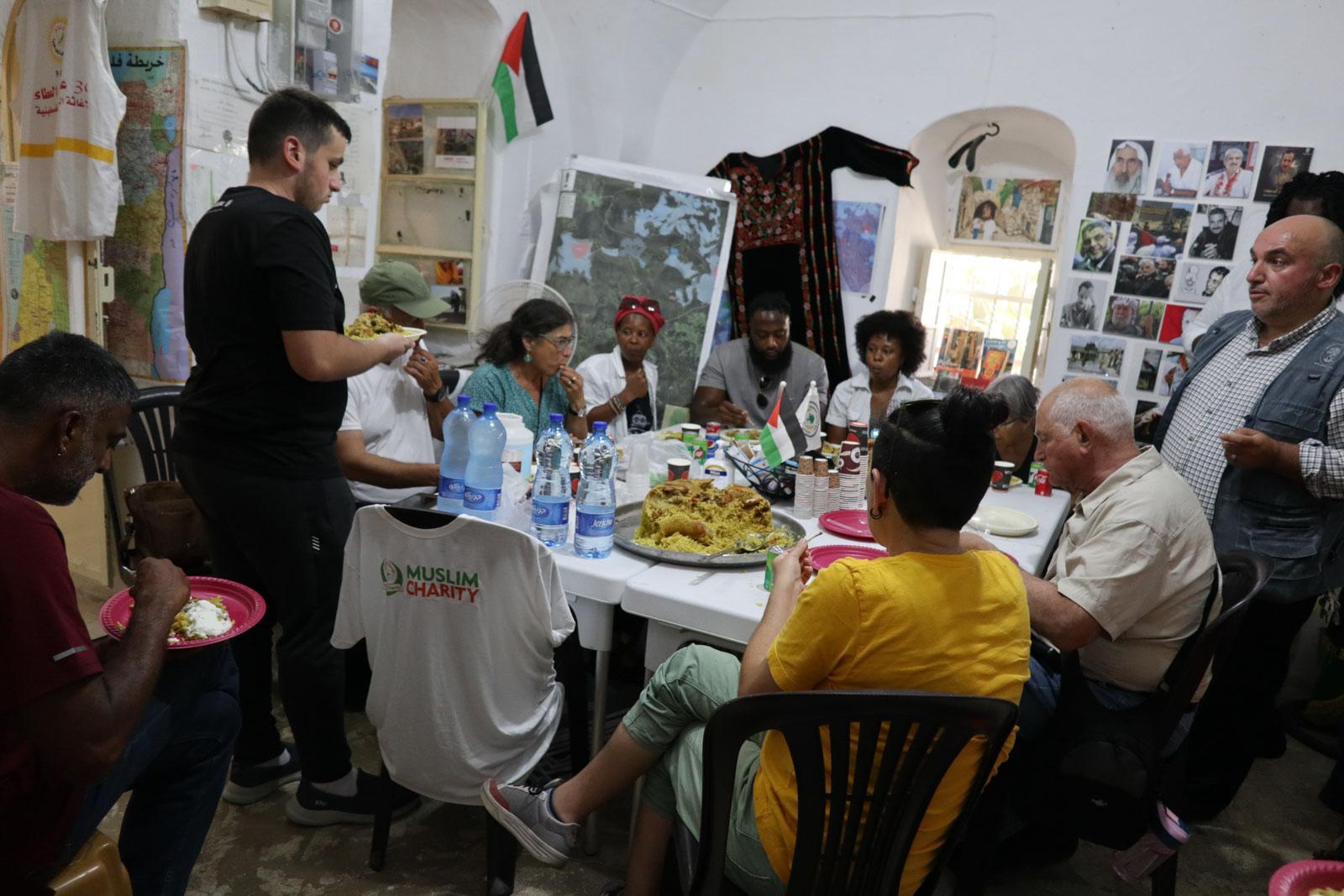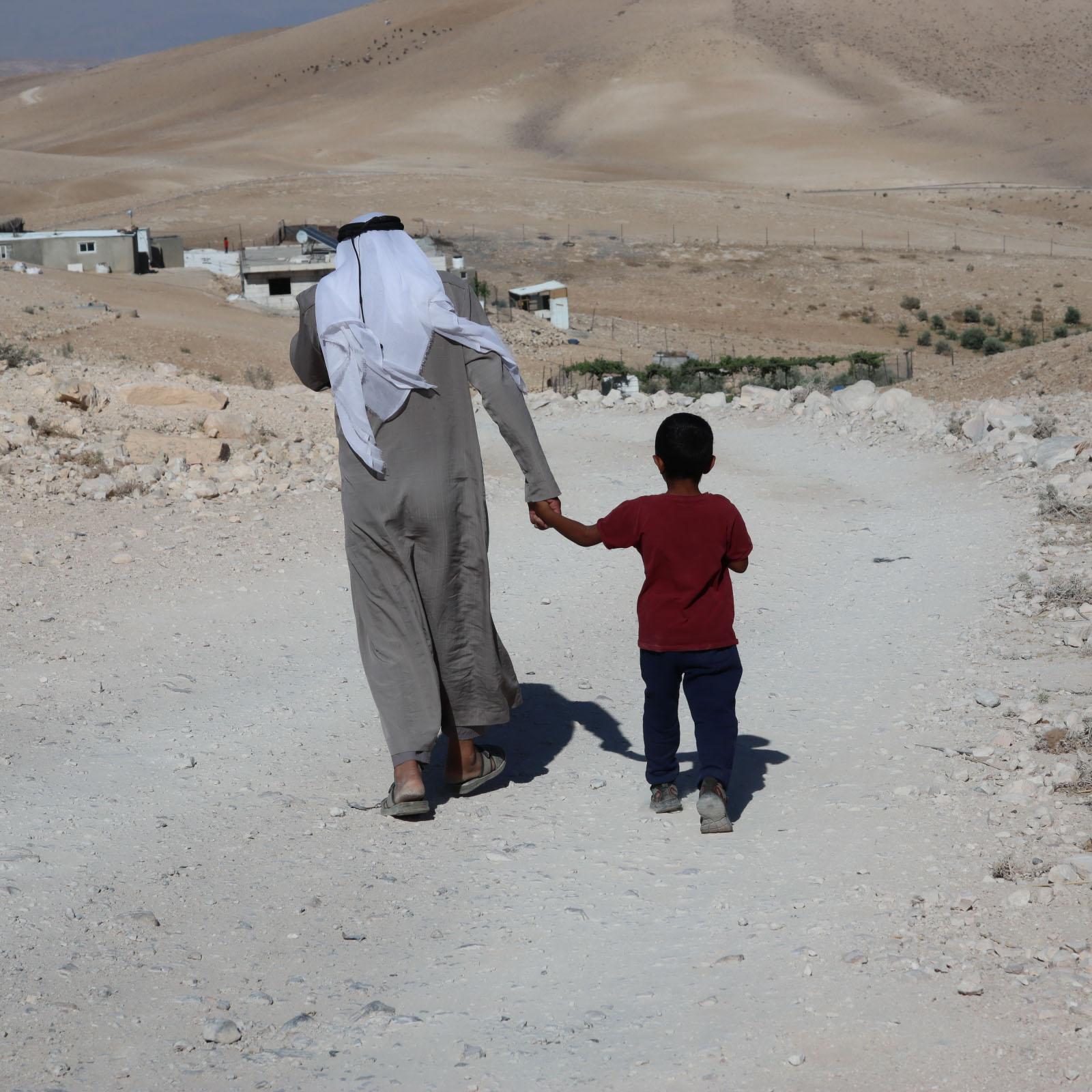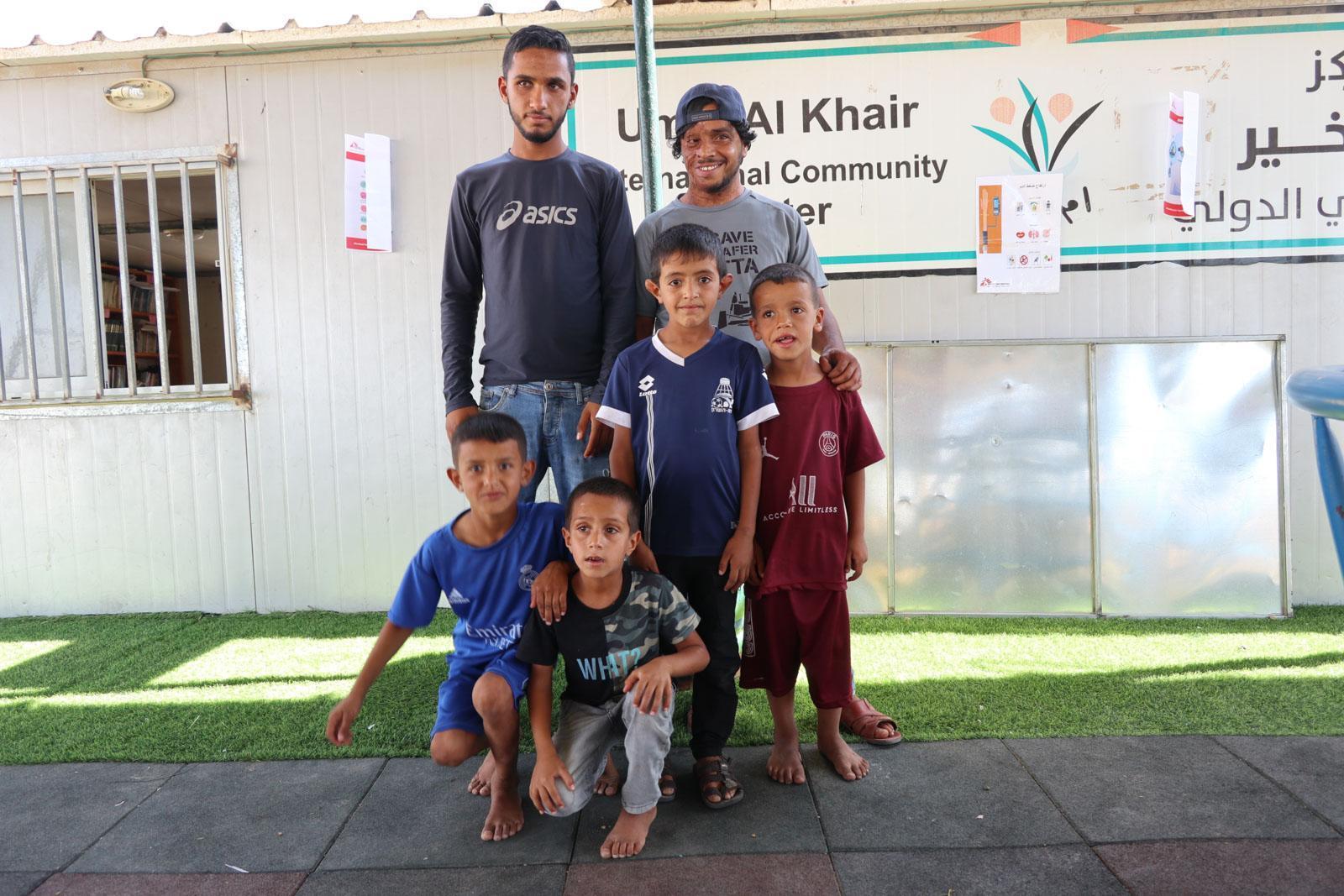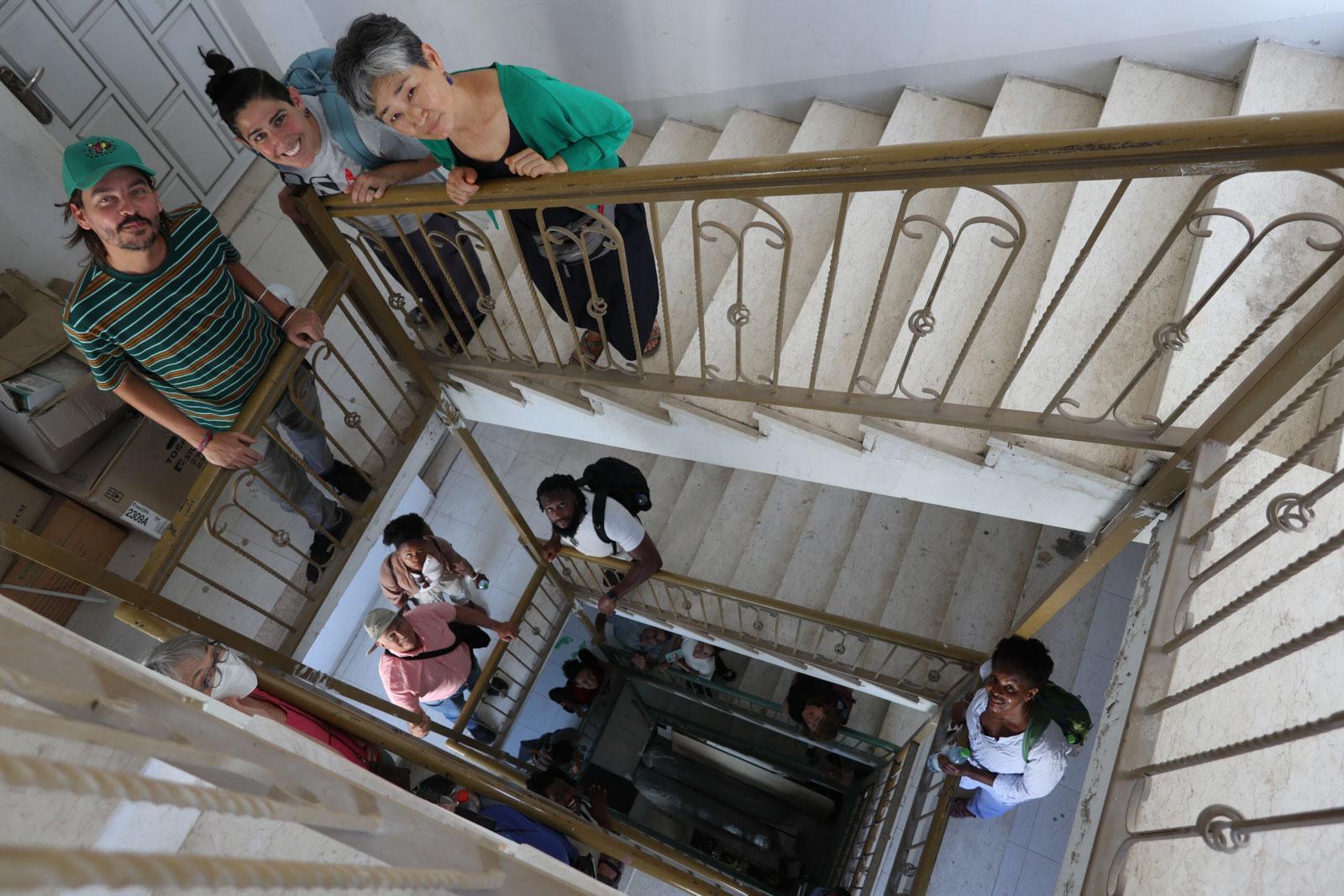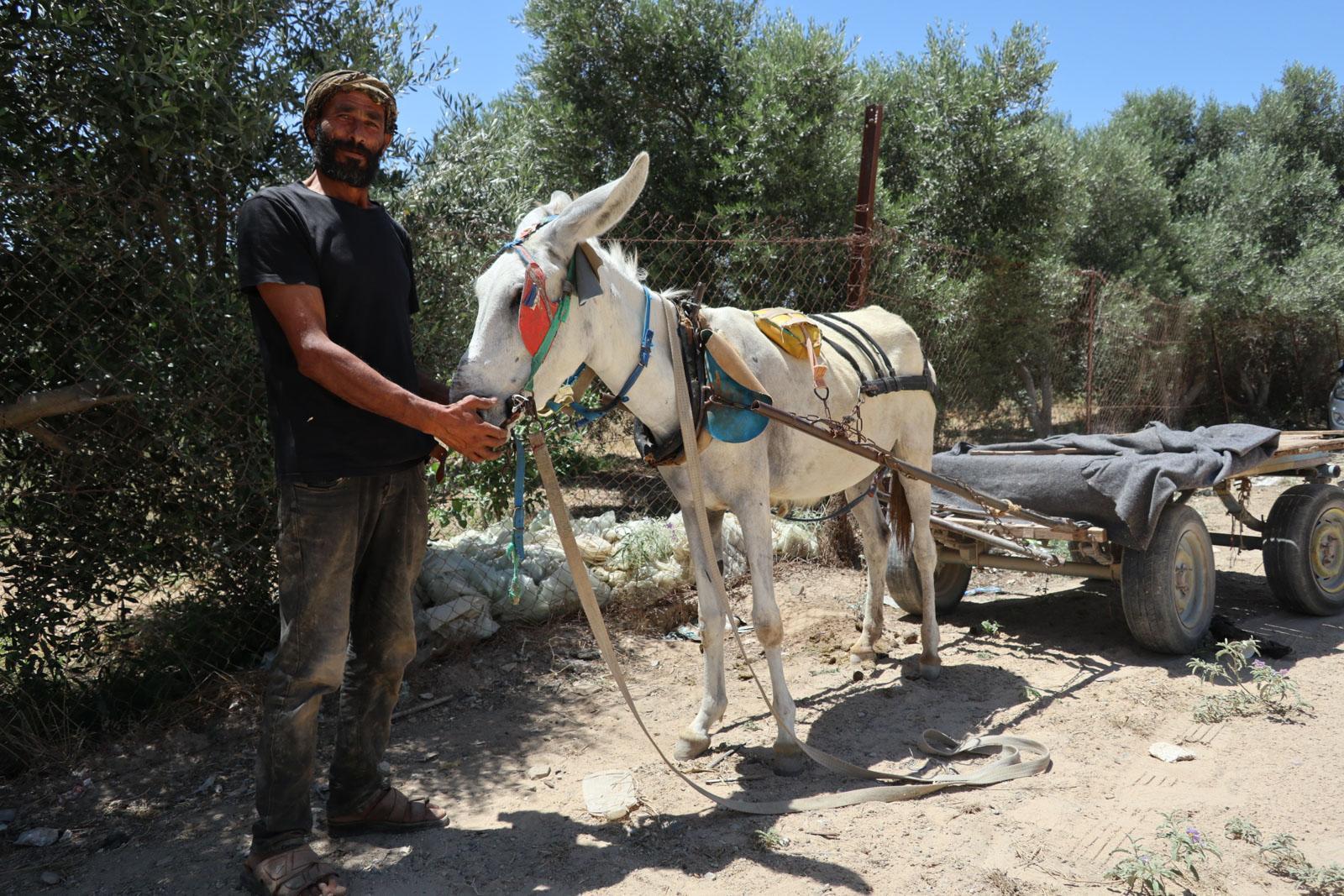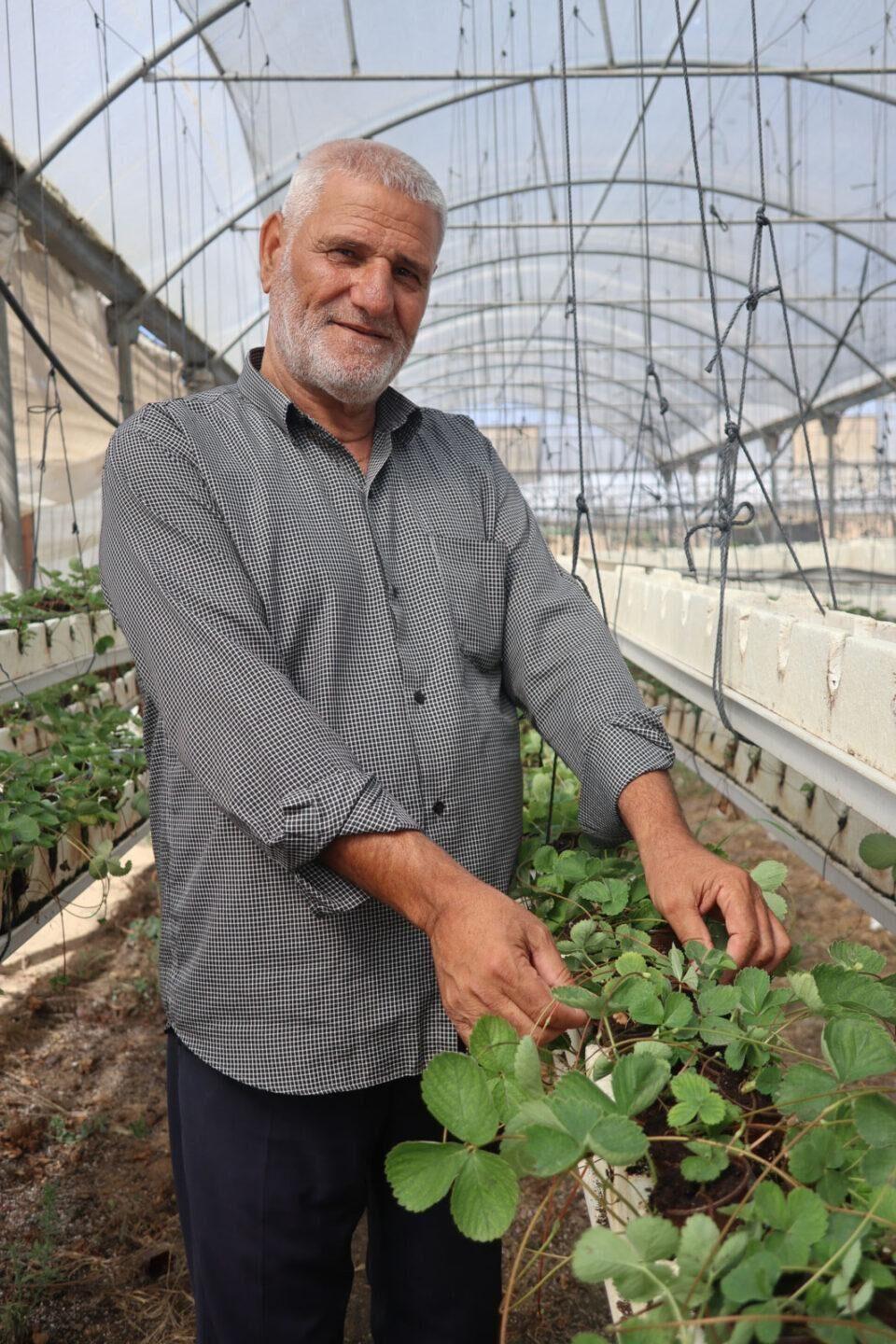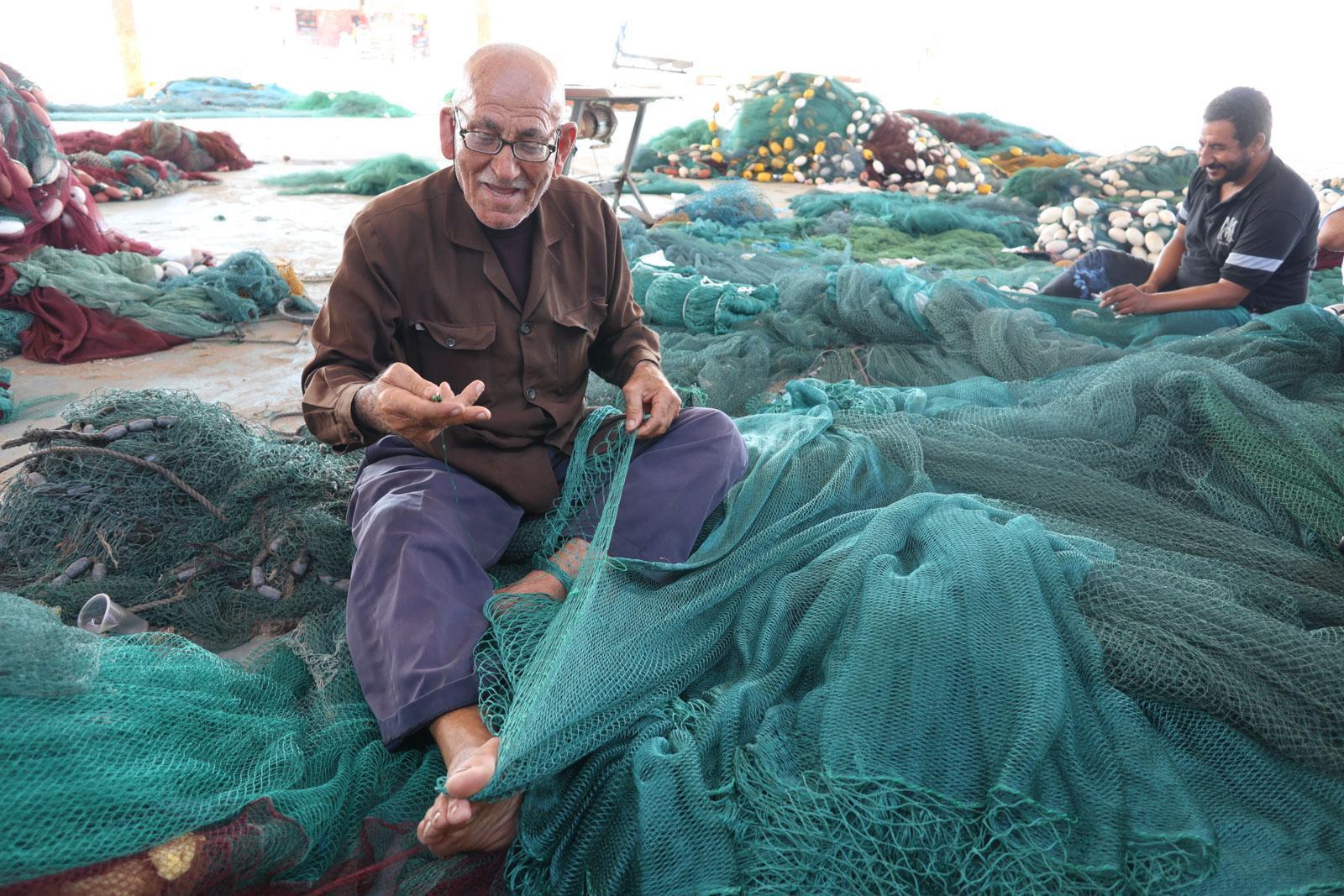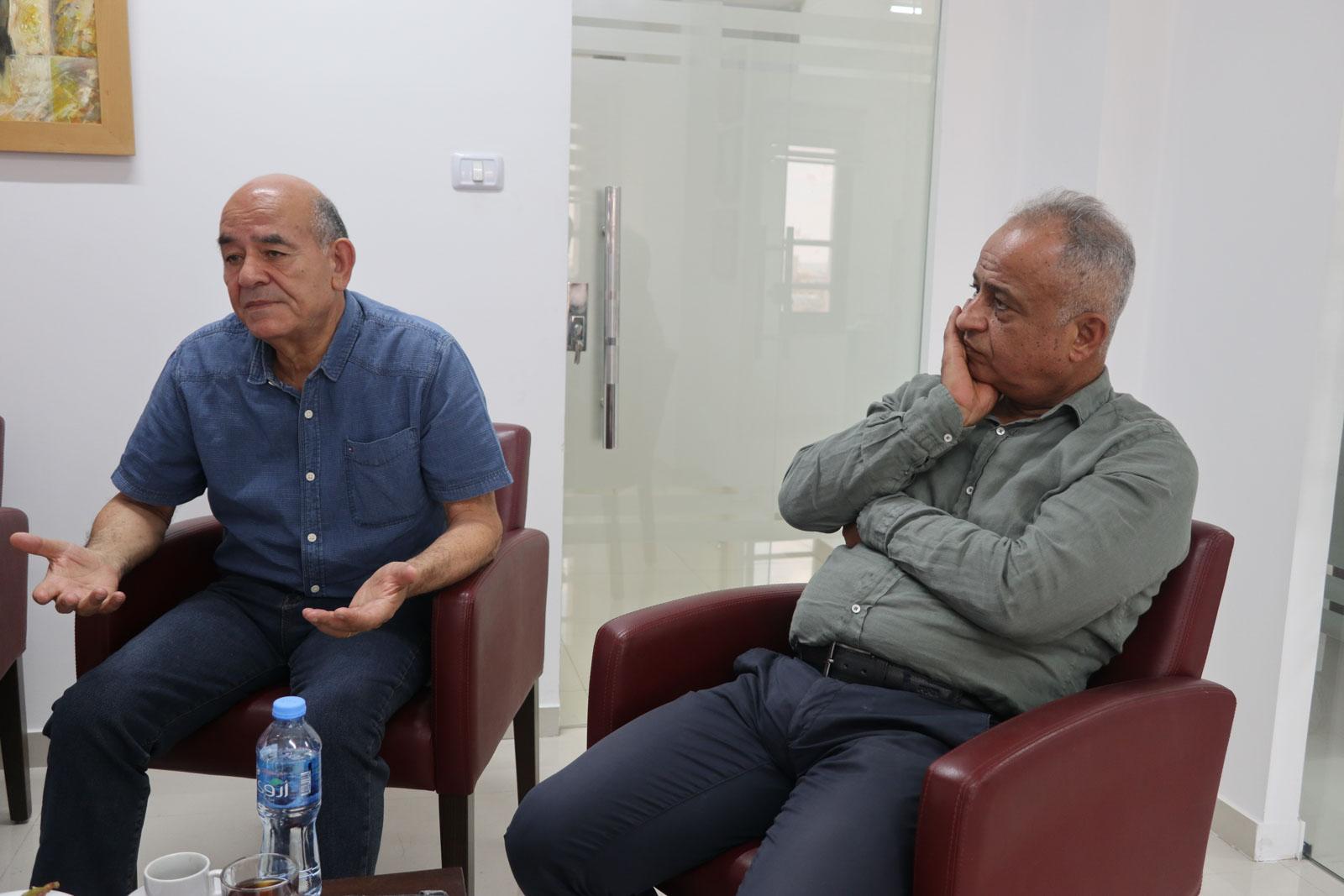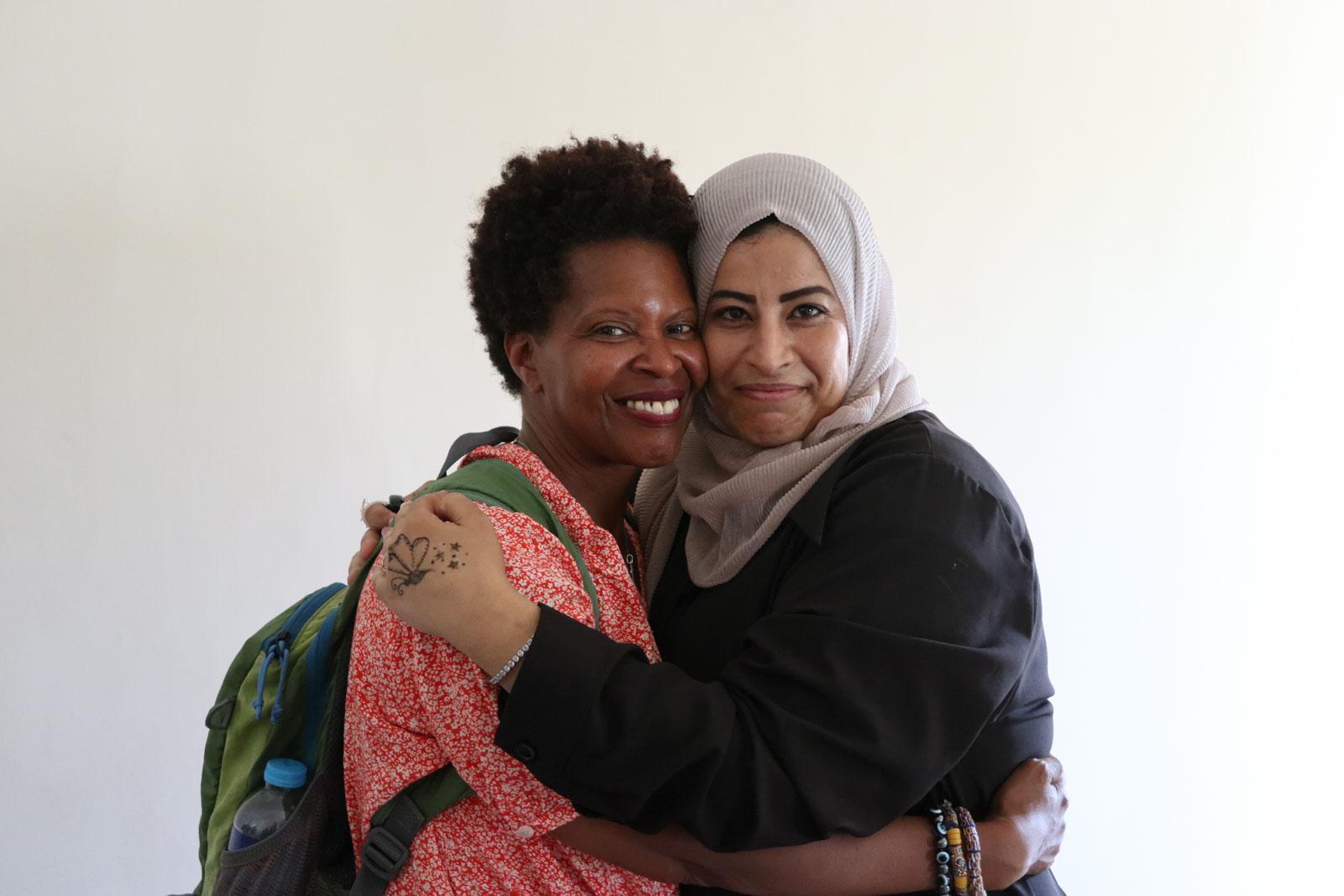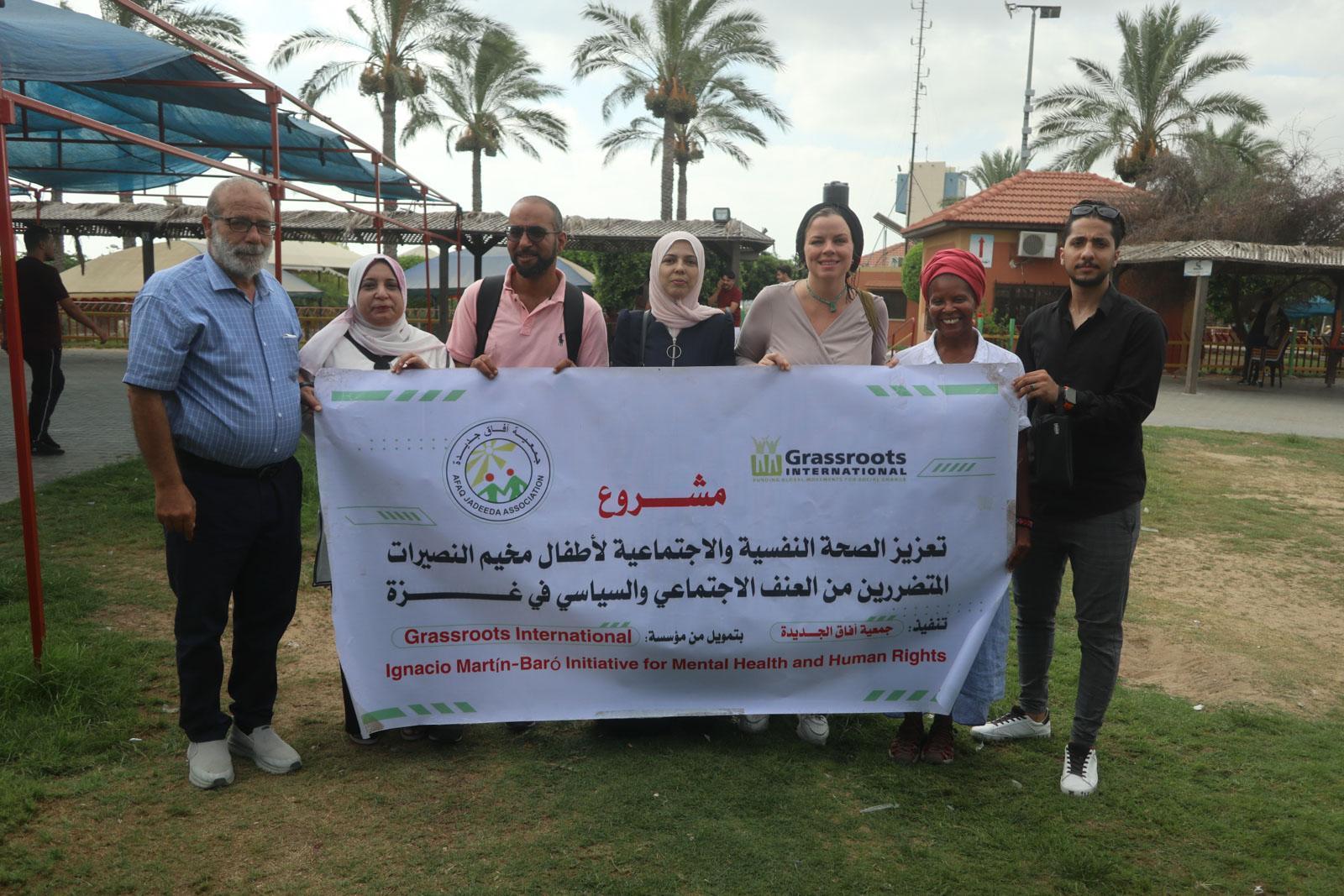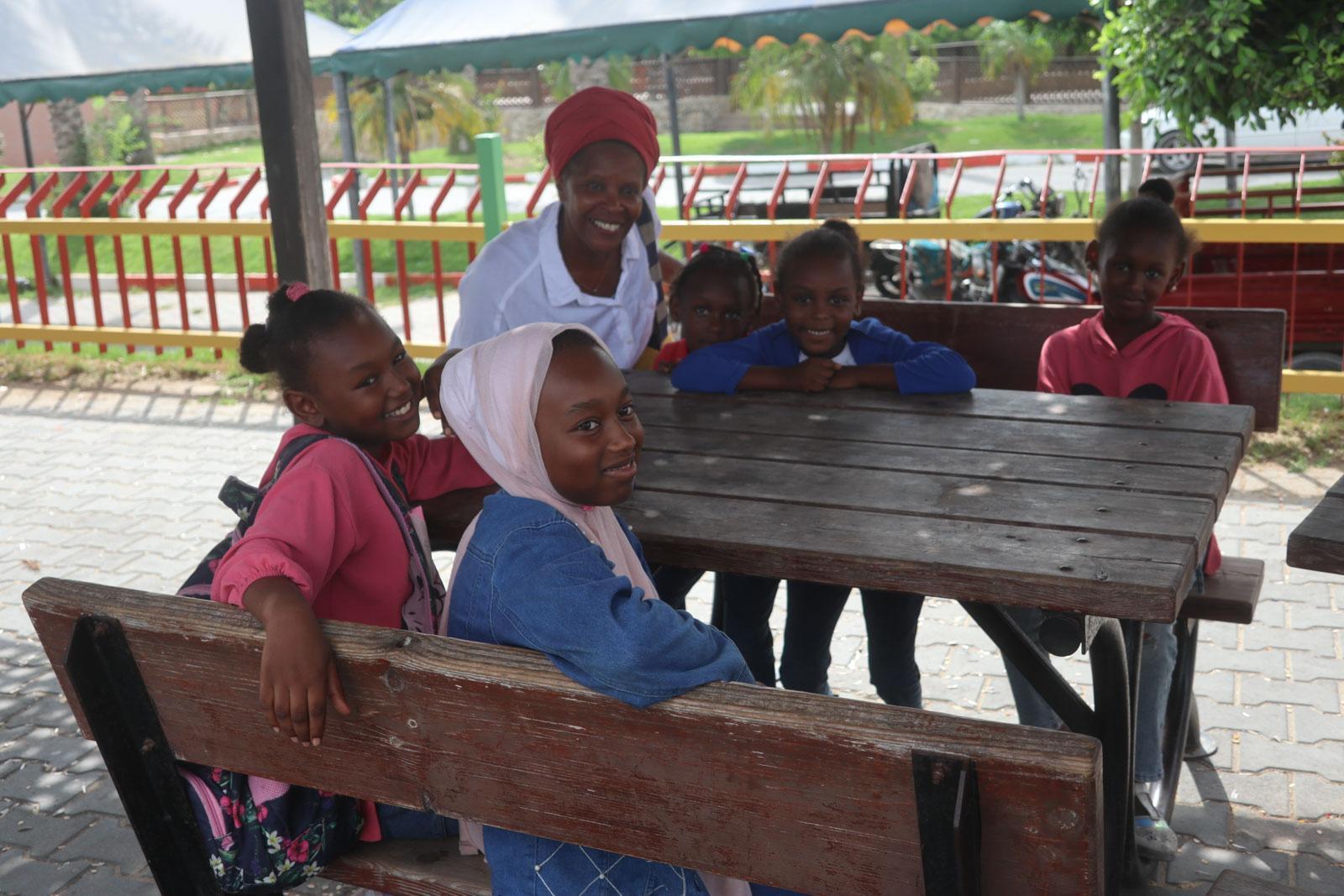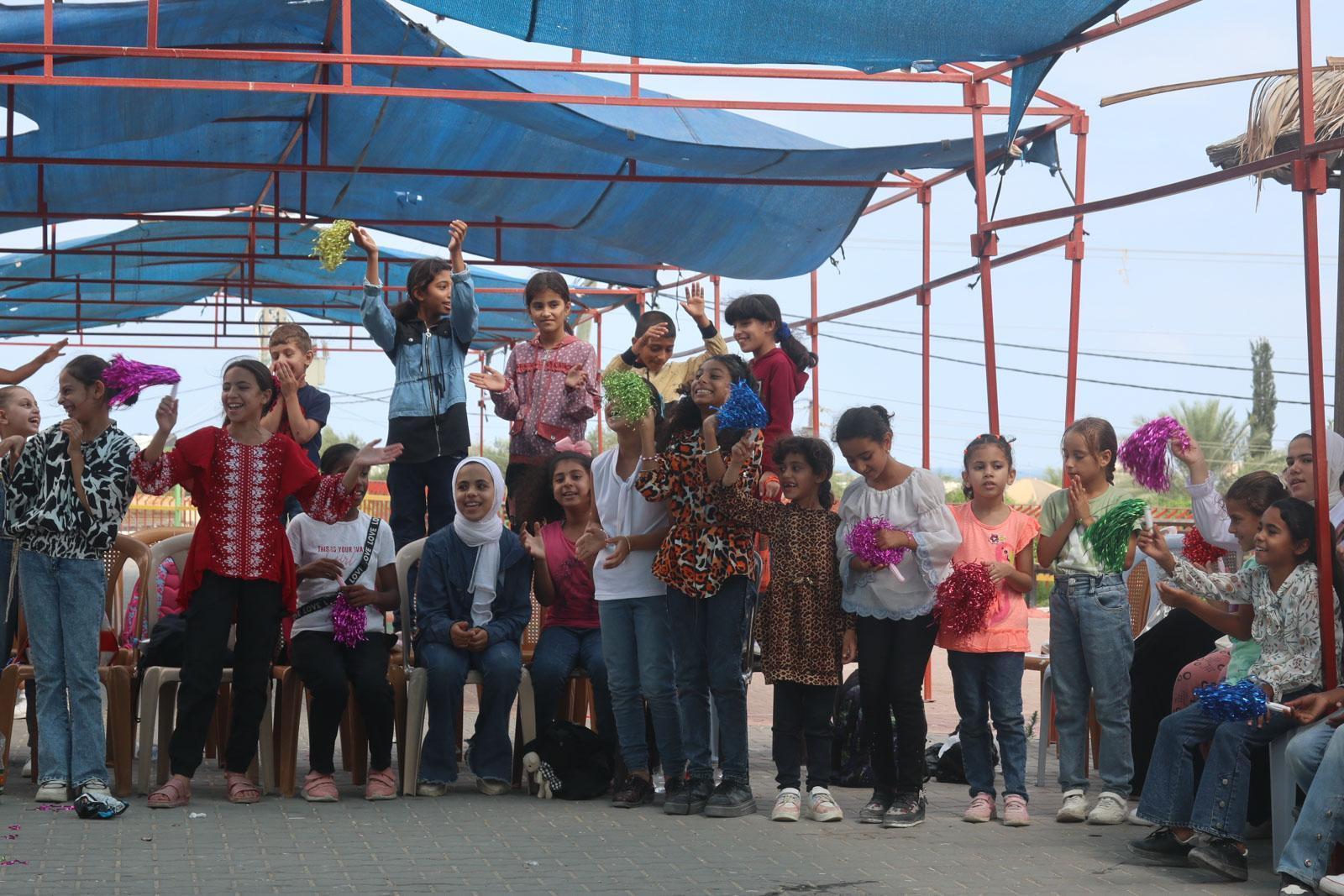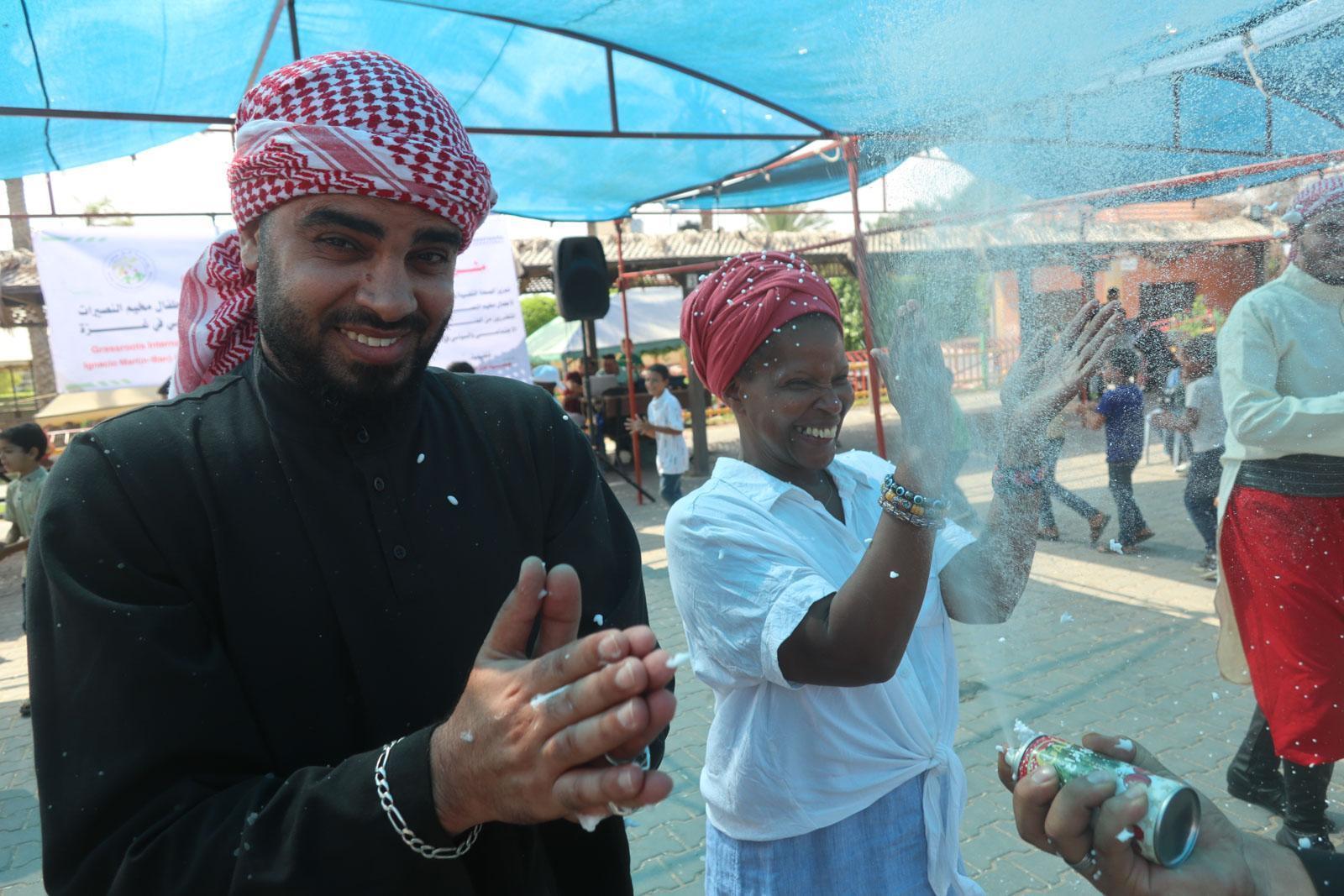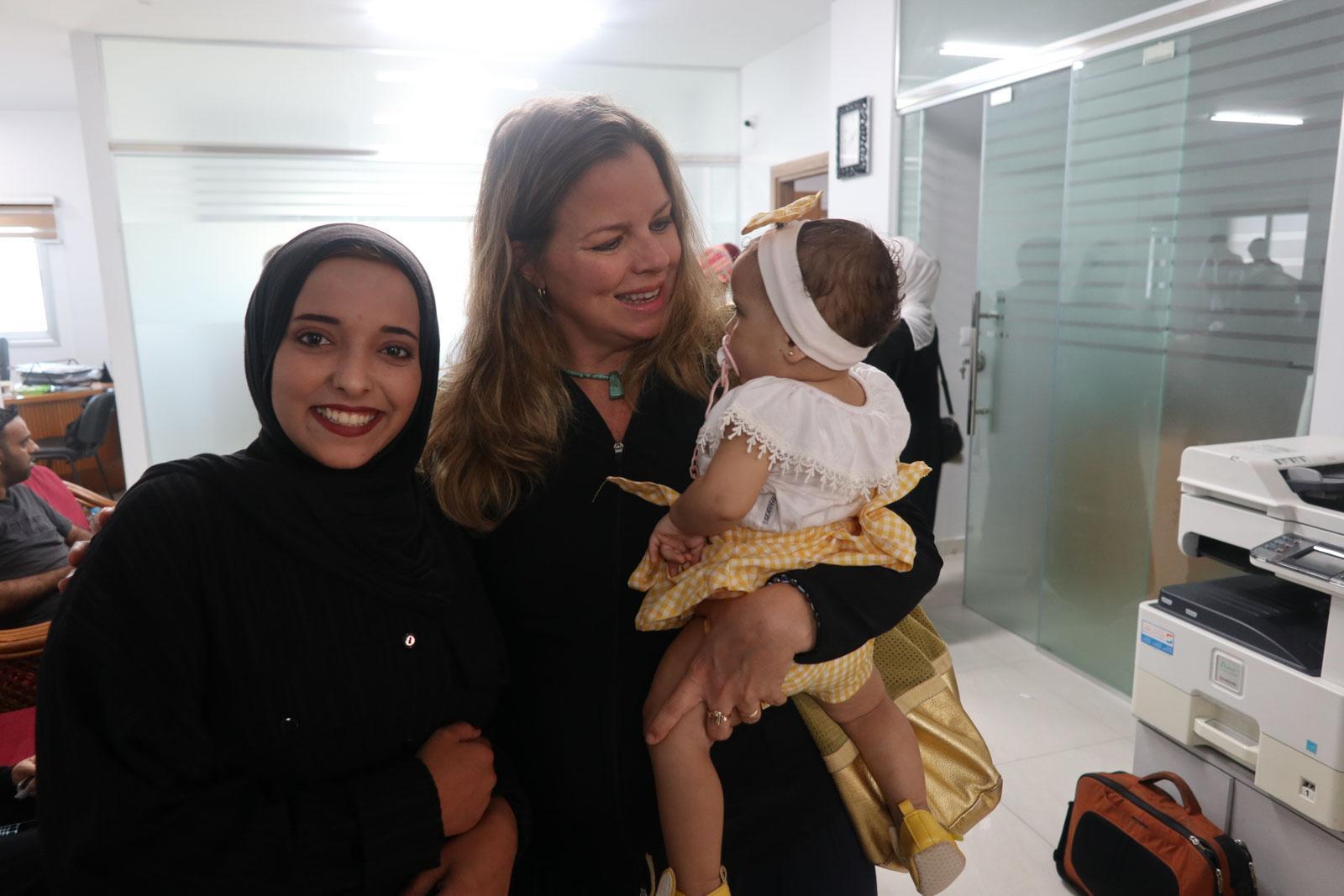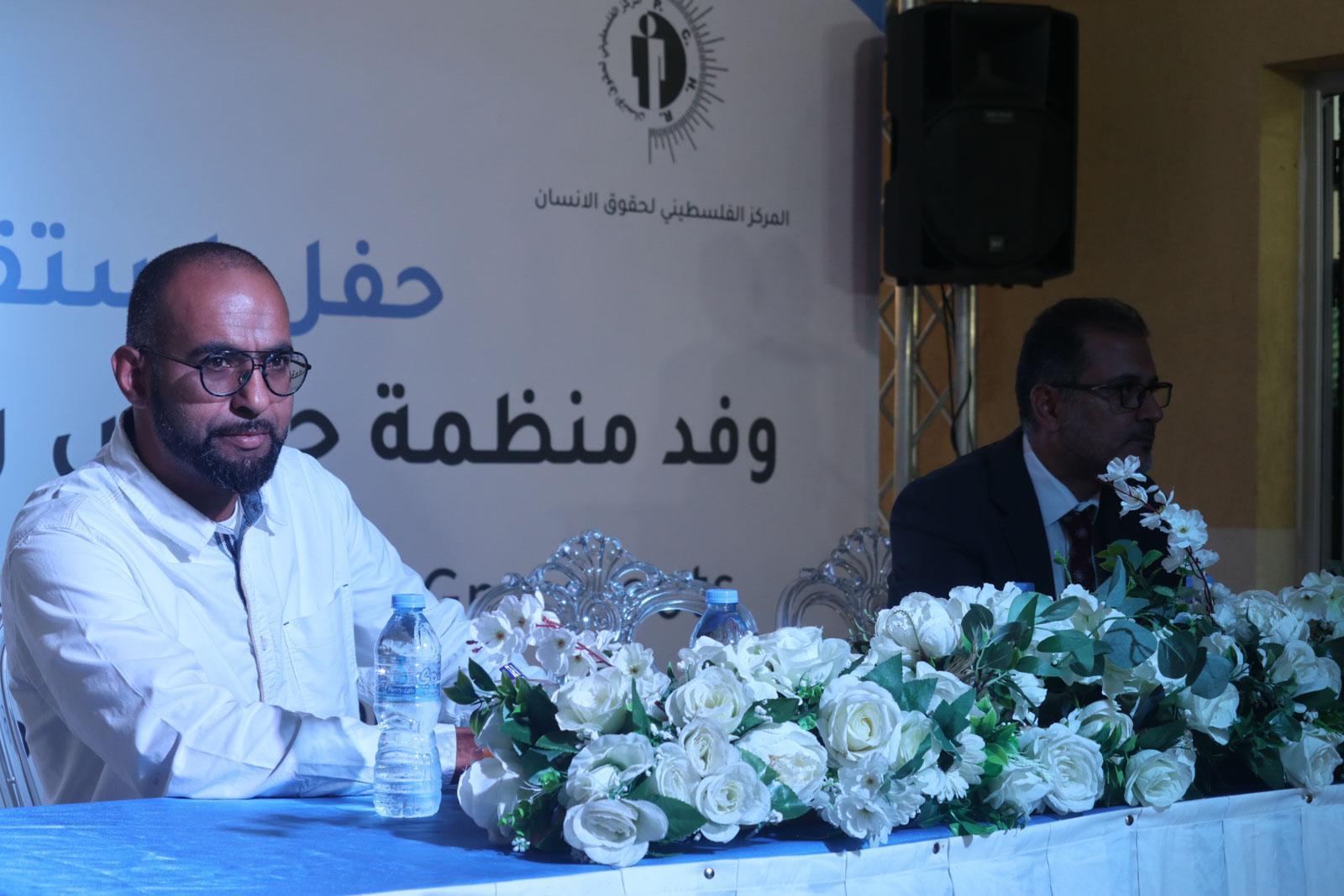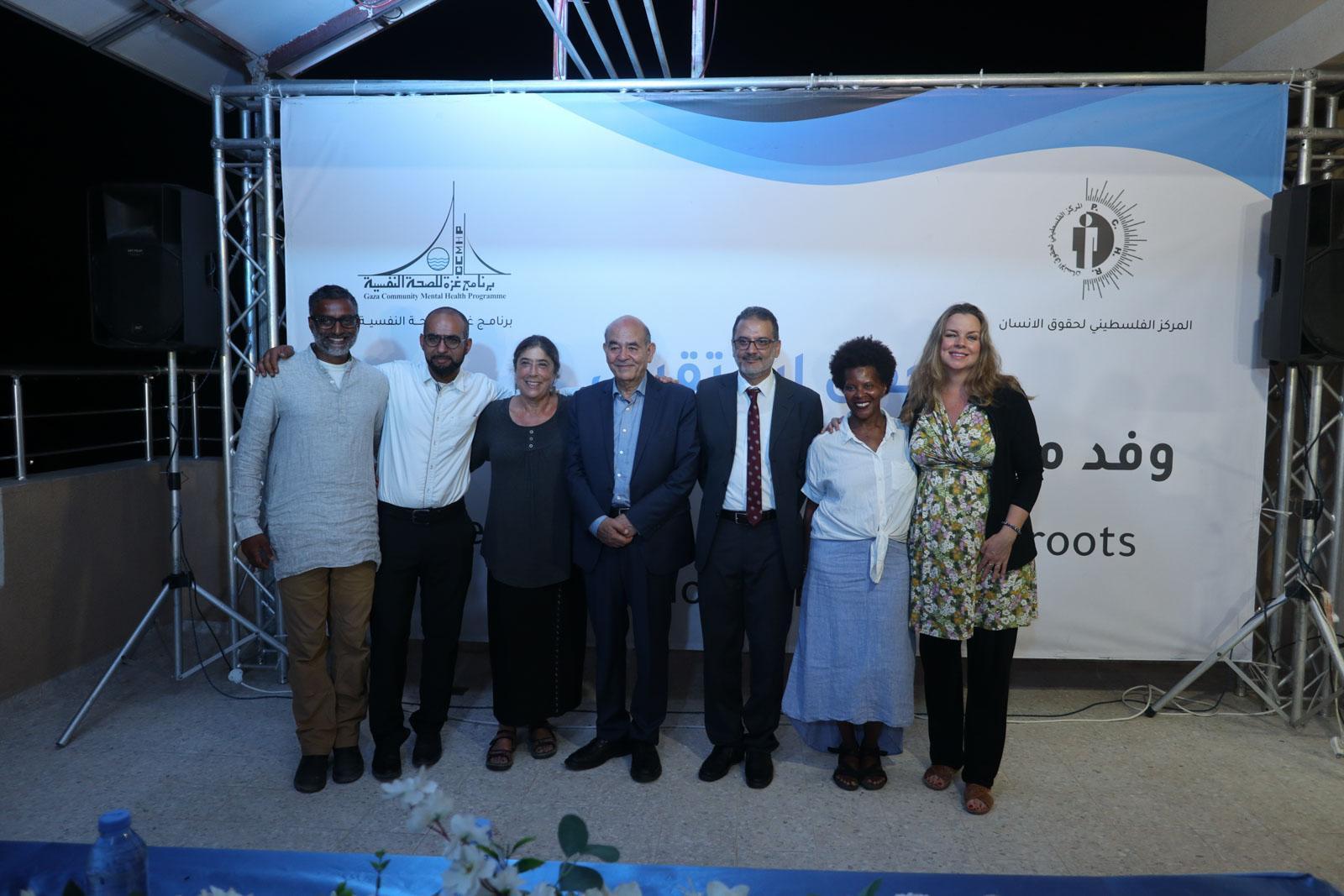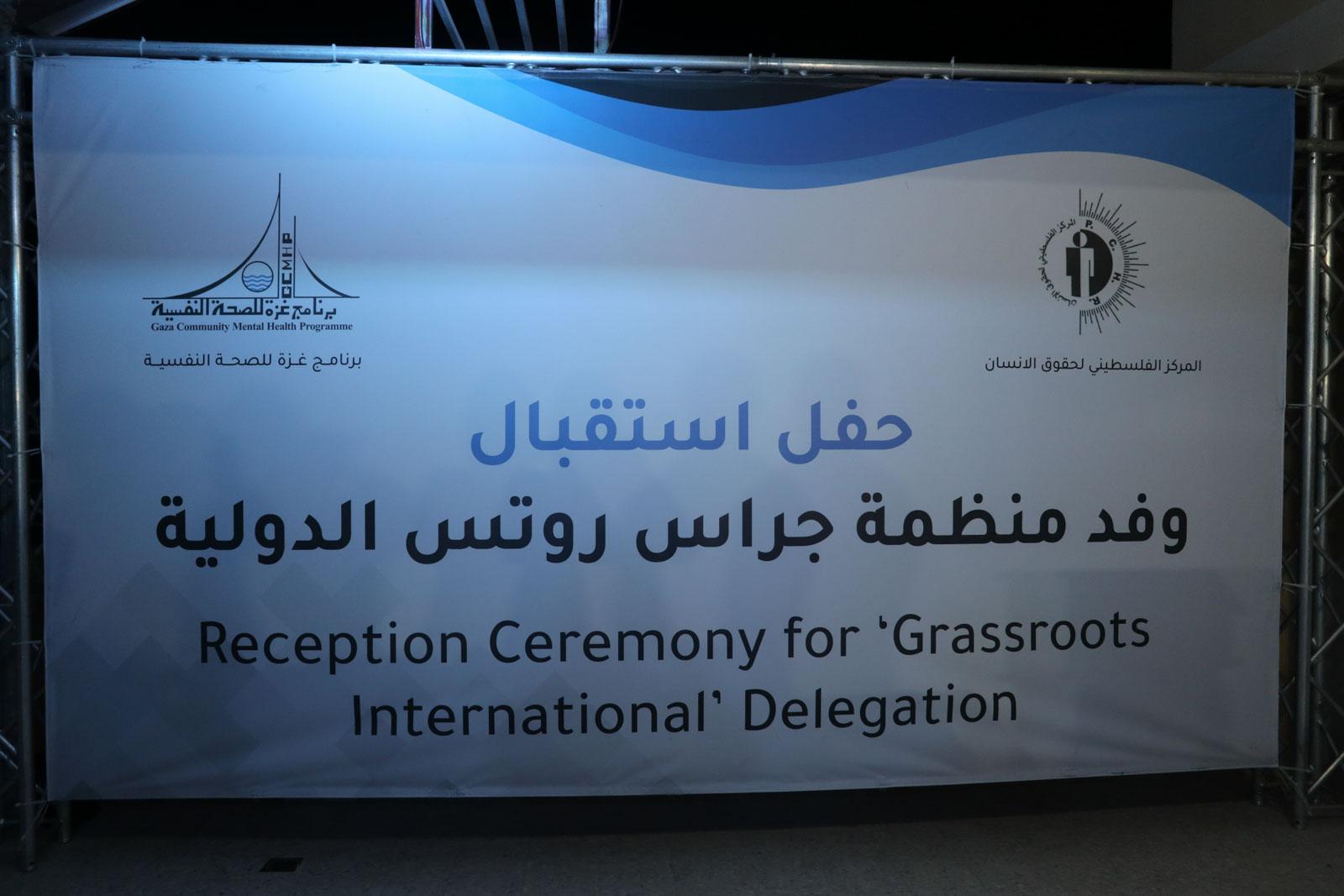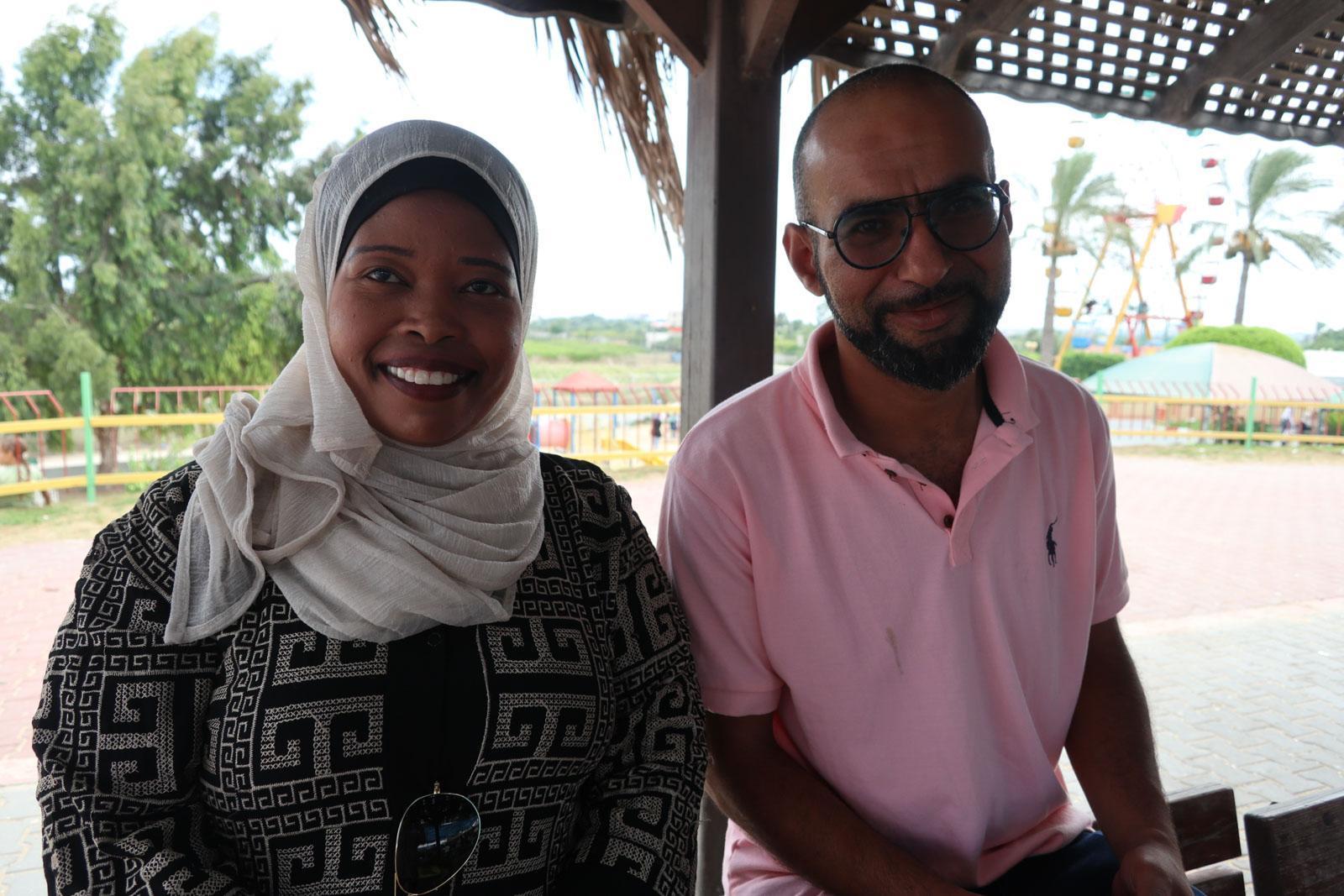Reflections on a Recent Visit to Palestine
At this moment when Palestine is more so than ever in our hearts and minds, we are reflecting on our most recent visit there, through a delegation organized by Grassroots International this past summer. The group of 14 was a dynamic mix of frontline activists and deeply committed donors engaged in the practice of solidarity philanthropy, together with several of our staff members. Over the course of a week, we crisscrossed the West Bank and Israel/’48, where we met with long-term partners and grantee allies. These powerful Palestinian groups included social movements defending land, water, and territory; human rights and environmental justice organizations; networks of women and youth; and others.
It was a time of deep learning and connection for all participants – for both first-time and repeat visitors, and for the many Palestinians who invited us into their homes and lives. From the testimonies of those who had been imprisoned without trial or cause by the Israeli military, to those whose crops and homes had been torched by Israeli settlers, a thread of sumud (steadfastness) bound Palestinian challenges and lives to one another. Across the occupied Palestinian territories, our delegation witnessed the realities of apartheid and settler colonialism that social justice movements together are determined to dismantle – from a place of love and internationalism. Among the main themes explored were ecological justice and the intersections of Black and Palestinian liberation struggles, with several delegates coming from Black-led movement organizations.
A smaller group of Grassroots International staff and advisors from the delegation were invited by our Palestinian partners to spend an extra week in Gaza – both to learn about the effects of the siege firsthand, and also to experience Palestinian joy and hospitality from our hosts. It was a profoundly beautiful and painful time in the largely impenetrable coastal enclave. We spoke to people who had lost their entire families during previous Israeli military onslaughts; observed the squeeze of inadequate food, water, and fuel resources; and heard from children who were haunted by the sounds of jets.
Of course, we didn’t know then what we know now: that whether Israel/’48, the West Bank, or Gaza, in just a few weeks, Palestine would never be the same. Many of us have since lost friends and colleagues – while Palestinians, especially those in and from Gaza, have lost more than we can imagine.
At Grassroots International, we know that the struggle for justice knows no borders. We redouble our commitment to accompany our Palestinian partners through this bleak time of genocide and extreme violence, to call for for a permanent ceasefire, for stopping US military support to Israel, for sufficient humanitarian aid to reach all parts of Gaza, for an end to brutal attacks in the West Bank, and for all parties to adhere to international humanitarian and human rights law. We answer the call of Palestinian movements to build the necessary bridges together for long-term solutions that can create the conditions for a just peace – an end to apartheid, and to the processes of settler colonialism and militarized siege. And today, on the International Day of Solidarity with the Palestinian People, we are offering some glimpses into our recent delegation to Palestine, from the perspective of some of the participants, through the images and reflections that follow.
“We spent time with an amazing organization that helps Palestinian farmers. I was particularly struck by their seed bank, which is a major support in the struggle for Palestinian food sovereignty under occupation. They explained to us that the Israeli government uses an old law which says that if land is uncultivated for a certain period of time, the land can be expropriated by Israel. By giving seeds to farmers, this organization is trying to support farmers to hold on to their land.” — Nancy
“Having the opportunity to visit Palestine was a life-changing experience for me. Moving through the checkpoints, seeing the destruction of property and farmlands by the colonial settlers and Israeli state, and hearing the stories of resistance, hope, and belief for a better future showed me why my activism and hope for the freedom of Black people is linked to a free Palestine.” — Jacob Clifton
“When I think of Palestine, I am immediately reminded of our duty to urgently fight against settler colonialism and imperialism, especially for those of us living in the imperial core. Solidarity is not simply stating one’s empathy toward another’s struggle; it’s living as though our struggles are intimately connected.” — Jasmin
“When I participated in a Palestine delegation with Grassroots International in August I saw firsthand how badly the Israeli occupation is oppressing Palestinians in the West Bank. Checking in with friends I met on the delegation, they tell me that settler terrorist attacks and Israeli army supported efforts to ethnically cleanse Palestinians from their land have increased significantly since October 7.” — Seth
“I witnessed how our partners organized and supported farmers, shepherds, women, and youth to cultivate gardens and farms, install irrigation systems, create coops, run schools, and teach history and justice to the next generation. They are building infrastructure and movements for land, life and liberation. The unprecedented destruction and violence in recent weeks demand that we in the US do our part to stop our government’s complicity in genocide, and to build a stronger solidarity movement. I feel that it’s an honor to support the continuing struggle of the Palestinian people.” — Chung-Wha
“I am haunted by those who lost children in Israeli bombings in Gaza, sitting there and telling us the stories of their loss and grief. Also talking with the fisherfolk who had lost their boats, children, and livelihood because of the aggressions by the Israeli navy.” — Alice
“I was moved by the openness and generosity of people in Palestine, who shared their stories, their dreams, their anger, their outrage, their resistance, and their humanity while living in an apartheid system that seeks to strip it away, and that has been doing so for 75 years. I witnessed how people were connected to their land, culture, and roots as Indigenous people. I remember vividly the seating area at Eres Crossing, full of Palestinians who have to endure security checks every day just to live their lives. I’ll never forget what it felt like to be escorted ahead of them with my US passport and privileged status as a foreigner. As an African-American, I thought about what our people experienced in the Jim Crow South: second-class treatment in bus terminals and train stations. I am still in a state of shock and despair over how many people in Gaza have been massacred in the recent Israeli attacks — a young man that I sat next to on a bus while we were touring the old city, the photographer who took pictures at the reception organized by our partners to welcome us, and perhaps — I’ll probably never know — some of the children we met on a visit to the Nuseirat Refugee Camp.” — Trina
“Recent memories from this last visit to Palestine – especially Gaza – constantly make their way through my mind as we continue to accompany our movement partners there during these times of unthinkable violence. When I close my eyes, I see the faces of colleagues that were recently killed. In the silence of the night, I hear the laughter of children echoing through the narrow streets of refugee camps that no longer exist. Even while these memories remind me that there was once a ‘before,’ they also inspire me to show up in the present that will define the ‘after.’ And Palestinian social movements are teaching the world how to do just that.” — Salena

